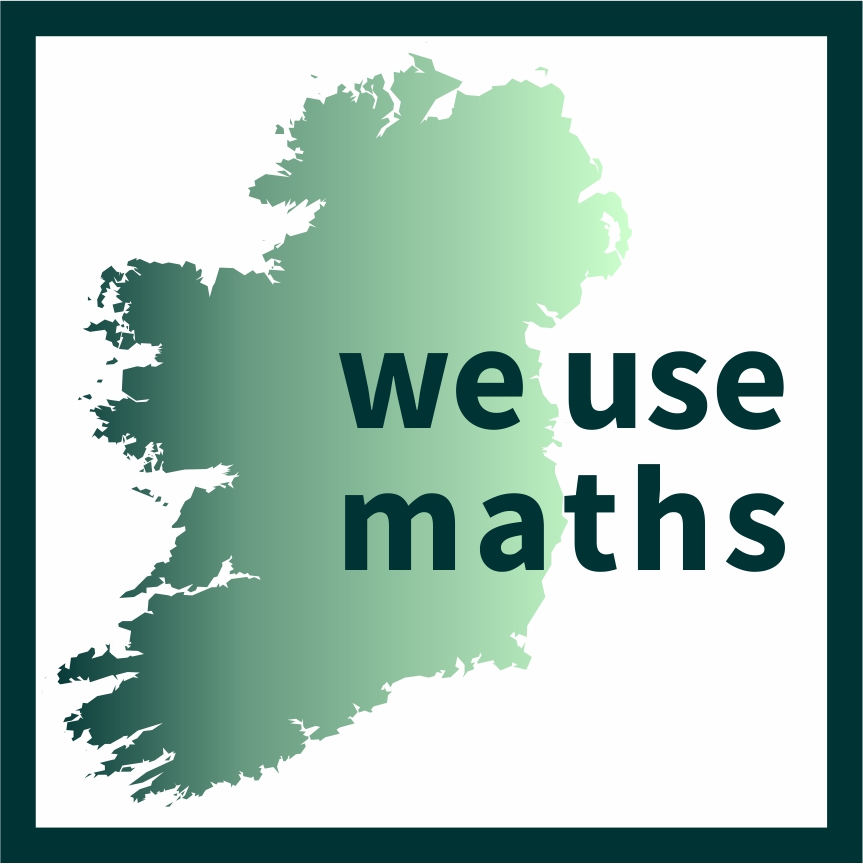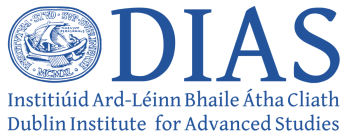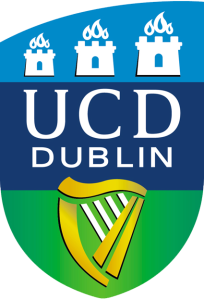Ciara O’ Reilly:
Epidemiologist

Your name?
Ciara O’ Reilly
Your job title?
Epidemiologist based at the Centers for Disease Control and Prevention, USA.
What are your main tasks responsibilities?
I am currently an epidemiologist with the Waterborne Diseases Prevention Branch at the Centers for Disease Control and Prevention (CDC) in Atlanta, Georgia in the United States, where I work on the global team (http://www.cdc.gov/ncezid/dfwed/waterborne/). The CDC is the national government public health agency in the United States (http://www.cdc.gov/). My current activities include working on research and initiatives to prevent and control waterborne disease outbreaks in the US and in developing countries. This includes looking at diarrhoeal disease surveillance trends, investigation of the risk factors and prevention strategies for illness and death from diseases transmitted via water, and implementation and evaluation of child survival and safe drinking water, sanitation and hygiene interventions in developing countries. I also work with Ministries of Health in other countries to investigate outbreaks of waterborne diseases occurring in developing countries, like cholera for example.
How do you use mathematics within your job?
I use mathematics in my job to analyze the data from research projects, surveys, and the evaluation of public health interventions to look at their impact on the health of communities. Also, in outbreak investigations we use mathematics to measure the frequency of illness, the speed of the spread of disease, and the fatality rates in the population at risk for the disease. Sometime we use data to look at the geospatial distribution of diseases, and create early warning systems for detection of outbreaks, such as using climate data to predict infectious disease outbreaks for example. I also work with colleagues who have expertise in microbiology, genomics, environmental engineering, biostatistics, demography, anthropology and behavioral sciences to solve an evolving or complex public health problem and where mathematics are used in different ways by these subject matter experts.
What type of mathematics for you use to solve problems?
We use biostatistical measures to analyze public health data. Methods such as descriptive and inferential statistics, logistic regression, and survival analysis are often used.
What aspects of the mathematics curriculum or mathematics courses have proven most useful to you?
Since my job has a broad scope, it is important to have a general understanding of many of the general concepts of mathematics courses. As I mentioned above, as an epidemiologist I work on multidisciplinary teams with various expertise in mathematics to find solutions to public health issues. Therefore, it is important for me to be knowledgeable on the statistical methods I need to use to analyze data, but also to have an insight into the work of those with other expertise, such as in engineering, biostatistics, demography, etc. so that I can tie everything together and decipher trends or anomalies as part of a team.
What is your education to date? (note: this is just to give an idea of a career pathway for students, subject choices, etc)
I was always interested in the sciences in secondary school and choose these subjects so that I could have a career in this field. I graduated with a Bachelor of Science in 1997 and a PhD in 2001 from University College Cork, in collaboration with Teagasc, the Agriculture and Food Development Authority in Ireland where I carried out my dissertation research and innovation. Following this I worked for several years in a national government agency in Ireland, the Food Safety Authority of Ireland, before joining the CDC in the United States as an Epidemic Intelligence Service officer at the Foodborne and Diarrheal Diseases Branch of the National Center for Infectious Diseases in July 2004, where I was assigned for 2 years to carry out a fellowship in applied epidemiology through on the job training. I stayed working at CDC after this and have been here for 11 years now.
What advice would you give to someone considering your job?
For someone considering my line of work, my advice would be to consider the academic disciplines of science, technology, engineering and mathematics (STEM) or that of medicine, since these backgrounds are often a requirement for work as an epidemiologist in public health.
What do you find most interesting in your job and what do you find are the main challenges?
My job is very interesting and every day is different and the work is very varied, which I really like. I have wonderful colleagues around the world, get to work on very exciting new technologies and innovative prevention strategies with people from various academic backgrounds, and to travel around the world. See this blog about an innovative sanitation project I worked on in a refugee camp in Kenya for example http://blogs.cdc.gov/global/2014/03/17/saving-energy-saving-lives-world-water-day-2014/ The main challenge is balancing work on personal life, although this is very possible.





